Updates from the Field — Building Sustainable Resilient Supply Chains: A Model of Youth Input Resellers in Kenya
Led by Purdue University and the Kenyan Agricultural and Livestock Research Organization (KALRO) the Building Sustainable Resilient Supply Chains: A Model of Youth Input Resellers in Kenya project aims to identify and train motivated rural youth in Eastern Kenyan counties to become resellers of agricultural inputs working in collaboration with local agro-dealers. The goal is to address two documented challenges in Sub-Saharan Africa: rural youth unemployment and reaching smallholder farmers on the last mile of the agricultural input supply chain. In March 2021, Dr. Jacob Ricker Gilbert, a professor in the Department of Agricultural Economics, and Wyatt Pracht, agricultural economics graduate student, traveled to Kenya to meet with partners at KALRO and Bell Industries to launch the program.
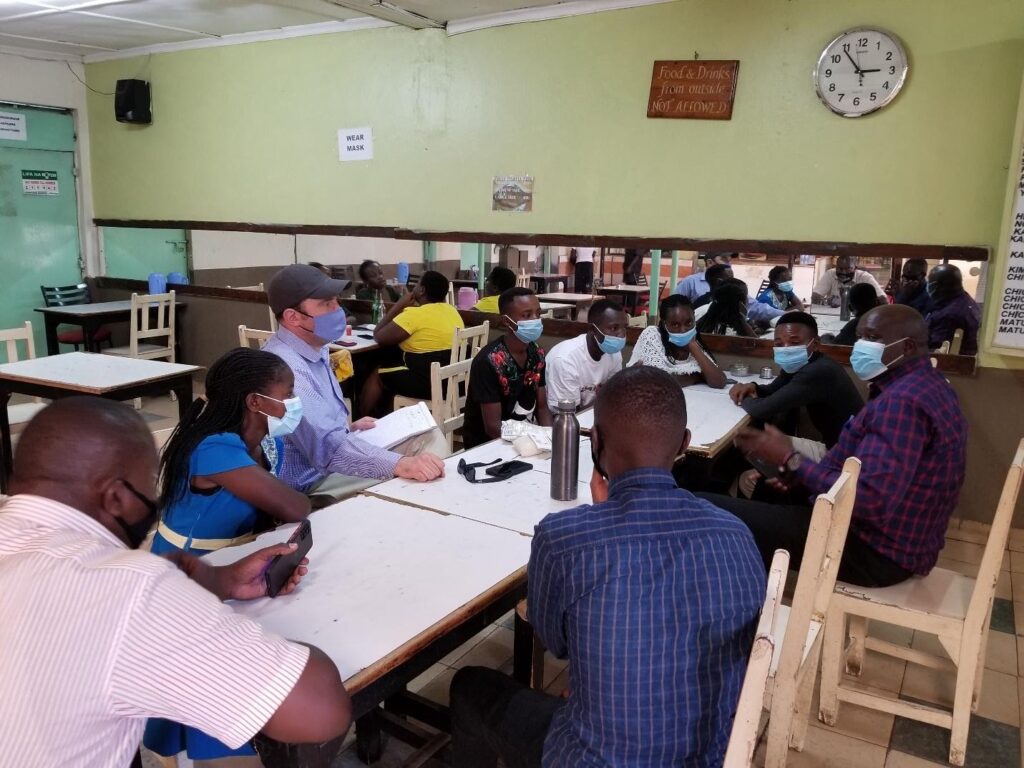
The purpose of this trip was to meet with local partners to initiate the implementation of a small pilot to test the effectiveness of the project’s design. During the trip, Pracht, Dr. Patrick Ketiem, and program manager Denis Wambua trained the initial pilot cohort of resellers on introductory business and grain management concepts. As part of this pilot, partnered agro-dealers and youth will sell agricultural inputs during the short post-harvest period between July and September. These youth will help create an import market linkage to combat associated supply chain issues while helping agro-dealers expand their network and sales territory. The project will provide real time support to the youth and agro-dealers during this pilot with the goal to be a learning, beneficial endeavor for the project as well as agro-dealers and the youth. Moreover, project collaborators will take the lessons learned from the pilot and make necessary adjustments to the project design before full implementation during the main agricultural season in September 2021.
After the pilot, the project aims to recruit 300 youth to become input resellers during the main post-harvest season between the months of November 2021 and February 2022. The recruitment and training of the youth for the main project period will take place later in summer 2021.

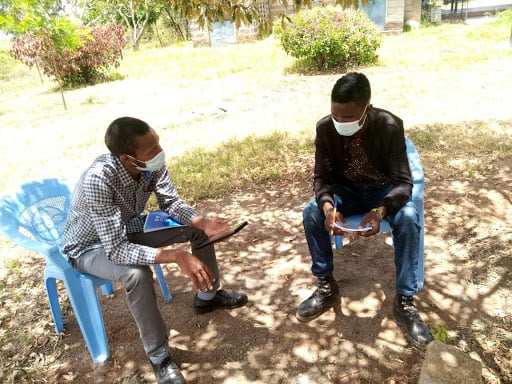
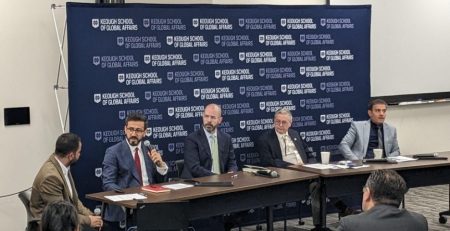


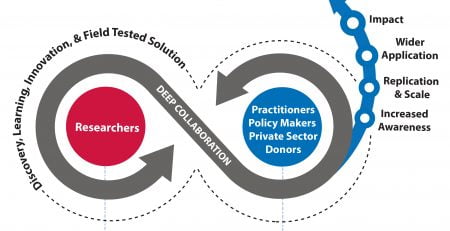
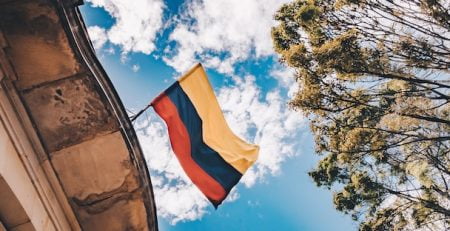
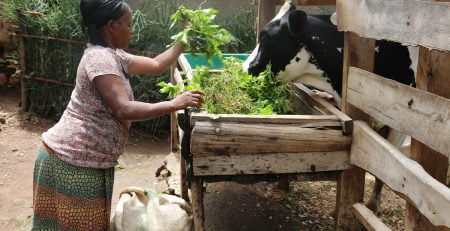
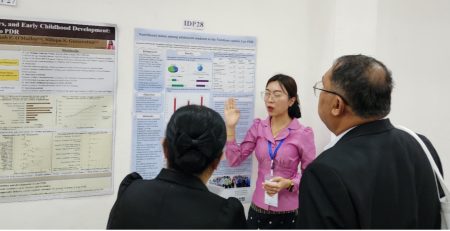

Leave a Reply
You must be logged in to post a comment.